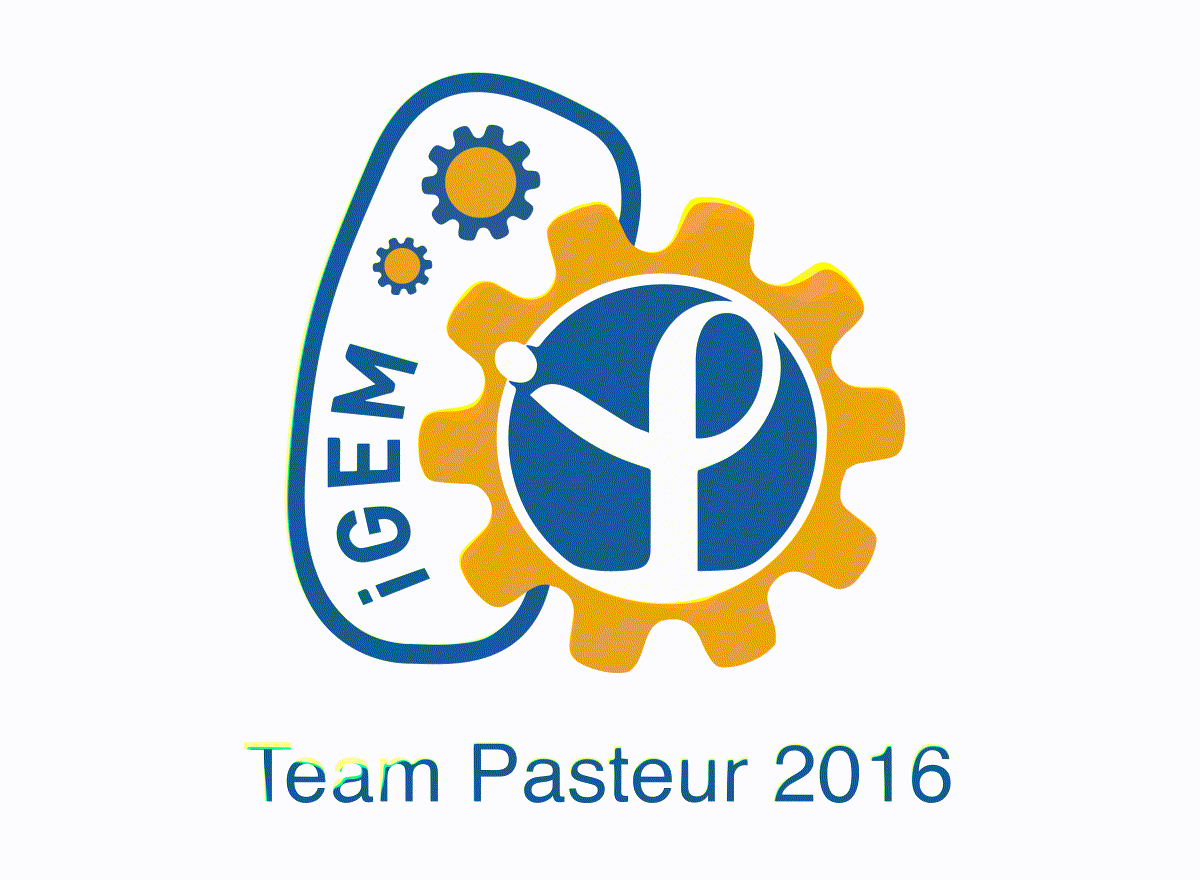| Line 489: | Line 489: | ||
In total, we interviewed 353 people, mostly between 18 and 25 years old (60%) or 26 and 35 years old (29%), either living in big cities (51% live in a town of more than 300 000 inhabitants) or small ones (23.1% in a town of between 1 000 and 20 000 inhabitants). 53% are students, 60% have a science diploma, in biology for 25% of them. 78.7% don’t practice a religion.</br></br> | In total, we interviewed 353 people, mostly between 18 and 25 years old (60%) or 26 and 35 years old (29%), either living in big cities (51% live in a town of more than 300 000 inhabitants) or small ones (23.1% in a town of between 1 000 and 20 000 inhabitants). 53% are students, 60% have a science diploma, in biology for 25% of them. 78.7% don’t practice a religion.</br></br> | ||
| − | Considering our sample, we were not surprised that 36.8% know what synthetic biology is, and that the global opinion on synthetic biology is | + | Considering our sample, we were not surprised that 36.8% know what synthetic biology is, and that the global opinion on synthetic biology is for a strong majority very positive or quite positive. Yet, when we consider only those who learned what synthetic biology is with the questionnaire, there are more negative answers. |
| − | + | ||
| − | + | *en gros je veux qu'on les voit l'un à côté de l'autre* | |
| − | + | Global opinion on synthetic biology Opinion on synthetic biology of those who didn't know what it was before the questionnaire | |
| − | + | *graphe opinion général* *graphe opinion new* | |
<div class="text1"> | <div class="text1"> | ||
<p> | <p> | ||
Still, the approval rate depends a lot on the application field concerned:</br> | Still, the approval rate depends a lot on the application field concerned:</br> | ||
| − | |||
| − | |||
| − | |||
| − | |||
| + | Global approval rate of the use of synthetic biology depending on the field of application | ||
| + | |||
| + | *graphe field of use* | ||
<div class="text1"> | <div class="text1"> | ||
<p> | <p> | ||
| Line 517: | Line 516: | ||
Nevertheless, informing people about both positive applications and negative diversions had an impact on people’s opinion. Indeed, 24% of them changed positively their minds on synthetic biology positively,, and 16% changed it to neutrality.</br></br> | Nevertheless, informing people about both positive applications and negative diversions had an impact on people’s opinion. Indeed, 24% of them changed positively their minds on synthetic biology positively,, and 16% changed it to neutrality.</br></br> | ||
| + | |||
| + | Percentage of people who changed their mind after taking the questionnaire | ||
| + | *insérer graphe opinion after questionnaire* | ||
Both those surveys helped us back up and refine our techno-moral scenario, and made us hope for a good acceptance of our device, which is the key to make our project work!</br></br> | Both those surveys helped us back up and refine our techno-moral scenario, and made us hope for a good acceptance of our device, which is the key to make our project work!</br></br> | ||


















 It was our pleasure to participate in poster sessions of the two most important spring conferences at the Institut Pasteur.
The International Zika Summit was held from April 25th-26th, 2016. The idea of the summit was to gather scientists and public health professionals working on the Zika virus and the disease it causes. We had the opporunity to share our ideas with them, but most importantly, to learn more about the virus, which helped us improve the further development of our project.
We participated in the 7th edition of the Young Researchers in Life Sciences (YRLS) conference held from May 18-20th, 2016. This experience was precious to us, since it allowed us to exchange knowledge, experience and interests with other young inspiring minds.
It was our pleasure to participate in poster sessions of the two most important spring conferences at the Institut Pasteur.
The International Zika Summit was held from April 25th-26th, 2016. The idea of the summit was to gather scientists and public health professionals working on the Zika virus and the disease it causes. We had the opporunity to share our ideas with them, but most importantly, to learn more about the virus, which helped us improve the further development of our project.
We participated in the 7th edition of the Young Researchers in Life Sciences (YRLS) conference held from May 18-20th, 2016. This experience was precious to us, since it allowed us to exchange knowledge, experience and interests with other young inspiring minds.
 Whether related to economy, health, agriculture or environment, different exhibits, talks and workshops brought together people from different horizons to meet and discuss, and display devices and concepts.
We presented the 3D printed models of the Mos(kit)o kit, and a poster, alongside ENSCI-Les Ateliers our design student contingency of iGEM Pasteur Paris Team 2016.
If you want know more about the "Festival vivant" you can click on this
Whether related to economy, health, agriculture or environment, different exhibits, talks and workshops brought together people from different horizons to meet and discuss, and display devices and concepts.
We presented the 3D printed models of the Mos(kit)o kit, and a poster, alongside ENSCI-Les Ateliers our design student contingency of iGEM Pasteur Paris Team 2016.
If you want know more about the "Festival vivant" you can click on this 









